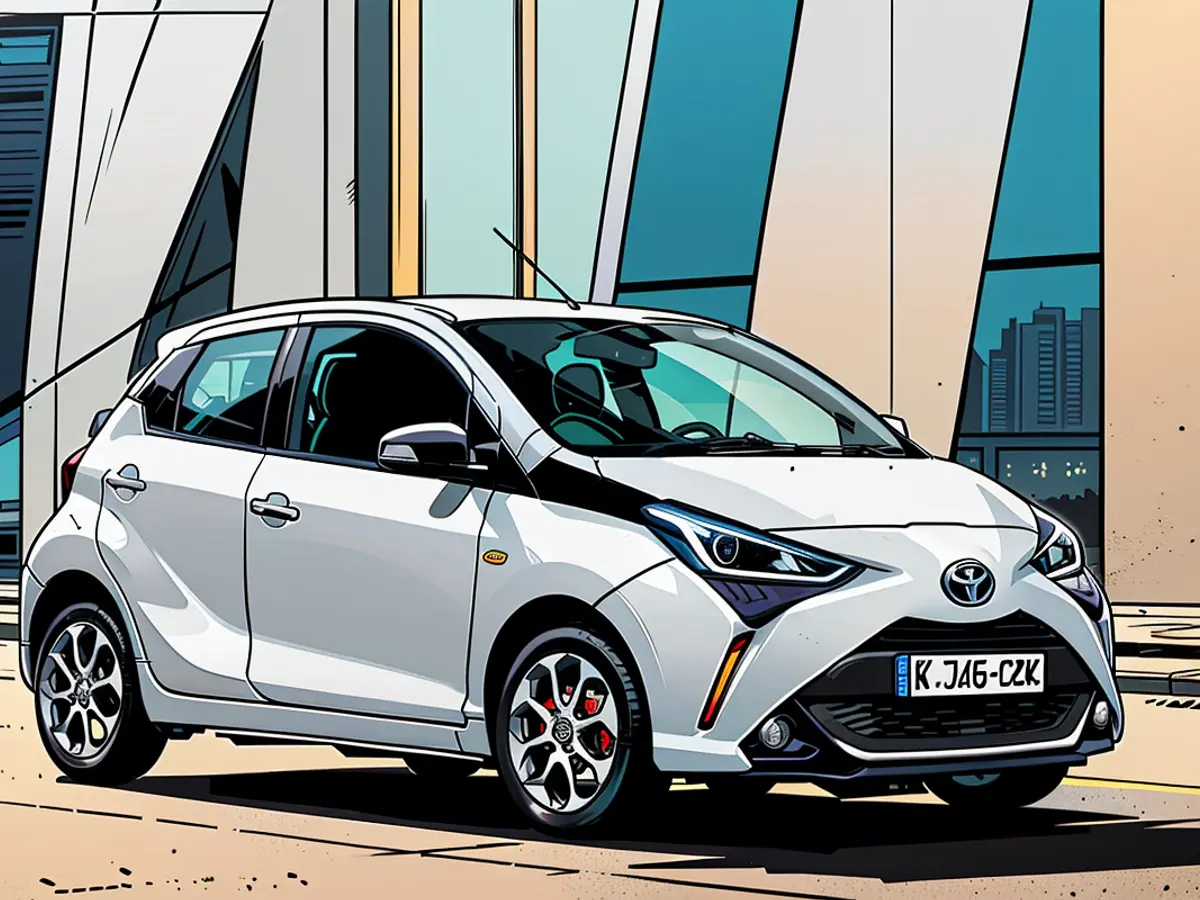Ford Galaxy: Offering ample space and smooth driving experience.
The Ford Galaxy is a roomy ride known for its high usage miles. Despite some complaints at the vehicle inspection (MOT), the TÜV also finds positive aspects. What should you be aware of when buying a second-hand large van?
Spaciousness is a hallmark of the Ford Galaxy III. Its everyday utility is impressive, accommodating up to seven passengers comfortably. With its plush suspension and optional massaging seats, it also provides a luxurious traveling experience. However, its mileage often tends to be high, leading to some instances of criticism during vehicle inspections (MOT).
Model Background
The third generation, which shares technology with the Ford Mondeo, debuted in 2015. The 2019 facelift featured updates to the grille. Ford discontinued the Galaxy in 2023.
The original model from 1995 and the second generation (2006 to 2014) were collaborative projects with VW and Seat, resulting in identical models such as the Sharan and the Alhambra for each manufacturer.
Body and Versions
The Galaxy is a large van with five standard seats, expandable to seven when the optional third row is installed. A variant that runs on both gasoline and ethanol (Flexifuel) was introduced. A hybrid version debuted in 2021, replacing the other powertrains.
Dimensions (based on ADAC)
- 4.85 meters x 1.92 meters x 1.75 meters (length x width x height)
- Trunk volume: 689 to 2339 liters (seven-seater: from 200 liters)
Powerpoints
At the MOT, the drive shafts and suspension are generally trouble-free, as is the steering system and its joints. The "Auto Bild TÜV Report 2024" indicates that brake hoses rarely cause concerns, and the braking function performs well.
Pitfalls
The lighting system has an average rate of complaints. Brake discs perform less satisfactorily during the MOT, often being worn out and even at the first check. Oil leaks are a recurring issue across all model years. The exhaust emission test (AU) is passed by the van sometimes, but not always.
Breakdown Trends
According to ADAC statistics, vehicles from the first registration years 2016 and 2017 have excellent ratings. However, models from 2018 have poor ratings due to problematic starter batteries, which ADAC identifies as a breakdown hotspot.
New vehicles are no longer included in the club's data collection due to the low number of registrations.
Engines
- Gasoline (four-cylinder, front-wheel drive): 118 kW/160 PS to 177 kW/240 PS
- Diesel (four-cylinder, front- and all-wheel drive): 88 kW/120 PS to 177 kW/240 PS
- Flexifuel (gasoline and ethanol operation, four-cylinder): 107 kW/145 PS
- Hybrid (gasoline engine and electric motor, front-wheel drive): System power 140 kW/190 PS
Resale Value by German Automobile Trust (DAT) with statistically expected mileage - three price examples
- Galaxy 2.5 Duratec FHEV Hybrid Edition (6/2021); System power: 140 kW/190 PS (gasoline engine + electric motor); 49,000 kilometers; 24,967 euros.
- Galaxy 2.0 EcoBlue Business AWD Start/Stop (6/2018); 140 kW/190 PS (gasoline engine); 126,000 kilometers; 19,722 euros.
- Galaxy 1.5 EcoBoost Business Start/Stop (6/2017); 118 kW/160 PS (gasoline engine); 121,000 kilometers; 15,997 euros
While considering the purchase of a used Ford Galaxy, keep in mind its reputation for high usage miles due to its spaciousness and everyday utility. When conducting a vehicle inspection (MOT), issues with the brake discs and oil leaks have been reported to occur frequently.








